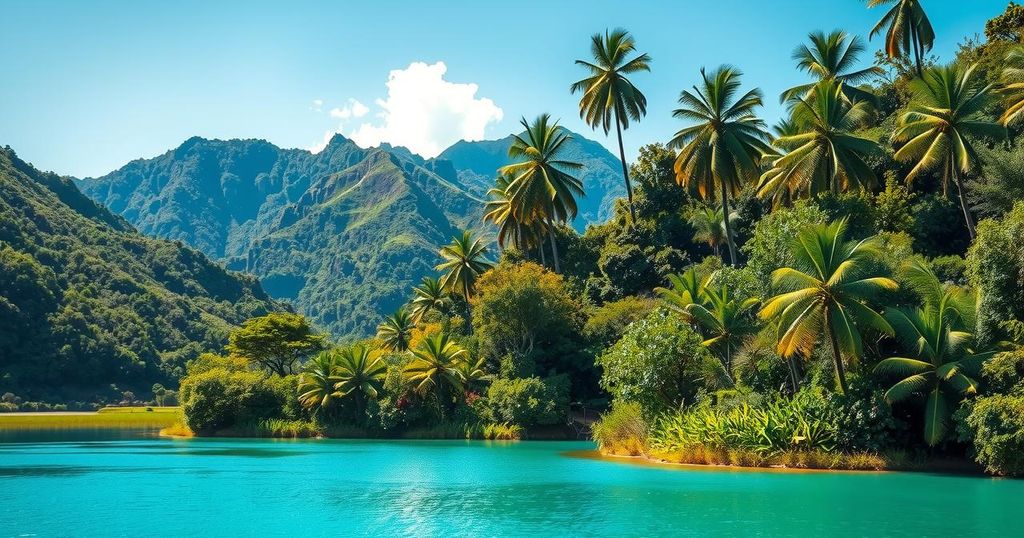Severe Impact of Tropical Cyclones in the Southwest Indian Ocean: A Humanitarian Response

The Southwest Indian Ocean cyclone season has experienced significant destruction with Tropical Cyclone Chido causing 172 deaths and impacting over 135,800 people, followed by Cyclone Dikeledi affecting schooling and housing. The humanitarian response highlights the need for robust disaster management and preparation as flooding exacerbates conditions in the region.
The Southwest Indian Ocean is experiencing a notably intense cyclone season, highlighted by Tropical Cyclone Chido, which caused significant destruction across Madagascar, Mozambique, Mayotte, and Malawi. Chido reached Category 4 status, with winds peaking at 220 km/h, resulting in 172 fatalities and substantial infrastructure damage, affecting over 135,800 individuals in Madagascar alone.
In the Comoros Islands, Cyclone Chido inflicted damage on 64,167 residents, with severe destruction to homes, schools, and crops. In Mayotte, approximately 230,000 people were severely affected, leading to nearly 35,000 homes being destroyed and critical facilities like hospitals and airports suffering damage, leaving 100,000 people in inadequate temporary housing.
Mozambique’s disaster management response indicated that around 90,640 households were impacted by Chido across several provinces, with a staggering total of 104,539 damaged shelters reported. Meanwhile, Malawi reported nearly 46,000 individuals affected by Chido, highlighting the ongoing challenges due to continuous heavy rainfall due to its geographical location.
Subsequent to Chido, Cyclone Dikeledi impacted northern Madagascar, disrupting schooling for over 8,000 children as homes and classrooms were damaged. The Government of Madagascar is ramping up humanitarian assistance in affected regions where emergency assessments revealed extensive damage due to the cyclone.
Recent weather events have also seen Cyclones Honde and Garance emerging, further burdening the impacted regions. Honde severely affected southern Madagascar, while Garance caused power outages in La Réunion and minimal damage in Mauritius.
The intensifying flooding situation throughout Southeastern Africa remains critical following severe rainfall and past cyclones, displacing thousands in Madagascar and Malawi. Mozambique is also facing escalating river levels, prompting anticipatory actions to protect vulnerable communities from flooding.
As the cyclone season progresses, a focus on preparedness and community resilience is increasingly crucial. The Emergency Appeal aims to bolster resources for humanitarian assistance and to enhance readiness among National Societies, ensuring support for affected communities extending beyond the current cyclone season.
In summary, the regional cyclone season has been extraordinarily destructive, with Cyclones Chido and Dikeledi significantly impacting Madagascar, Mozambique, and surrounding areas. The disasters have displaced thousands, caused numerous fatalities, and created a dire need for humanitarian assistance and disaster preparedness. Addressing these challenges is vital for both immediate relief efforts and long-term community resilience as the cyclone season continues.
Original Source: reliefweb.int








